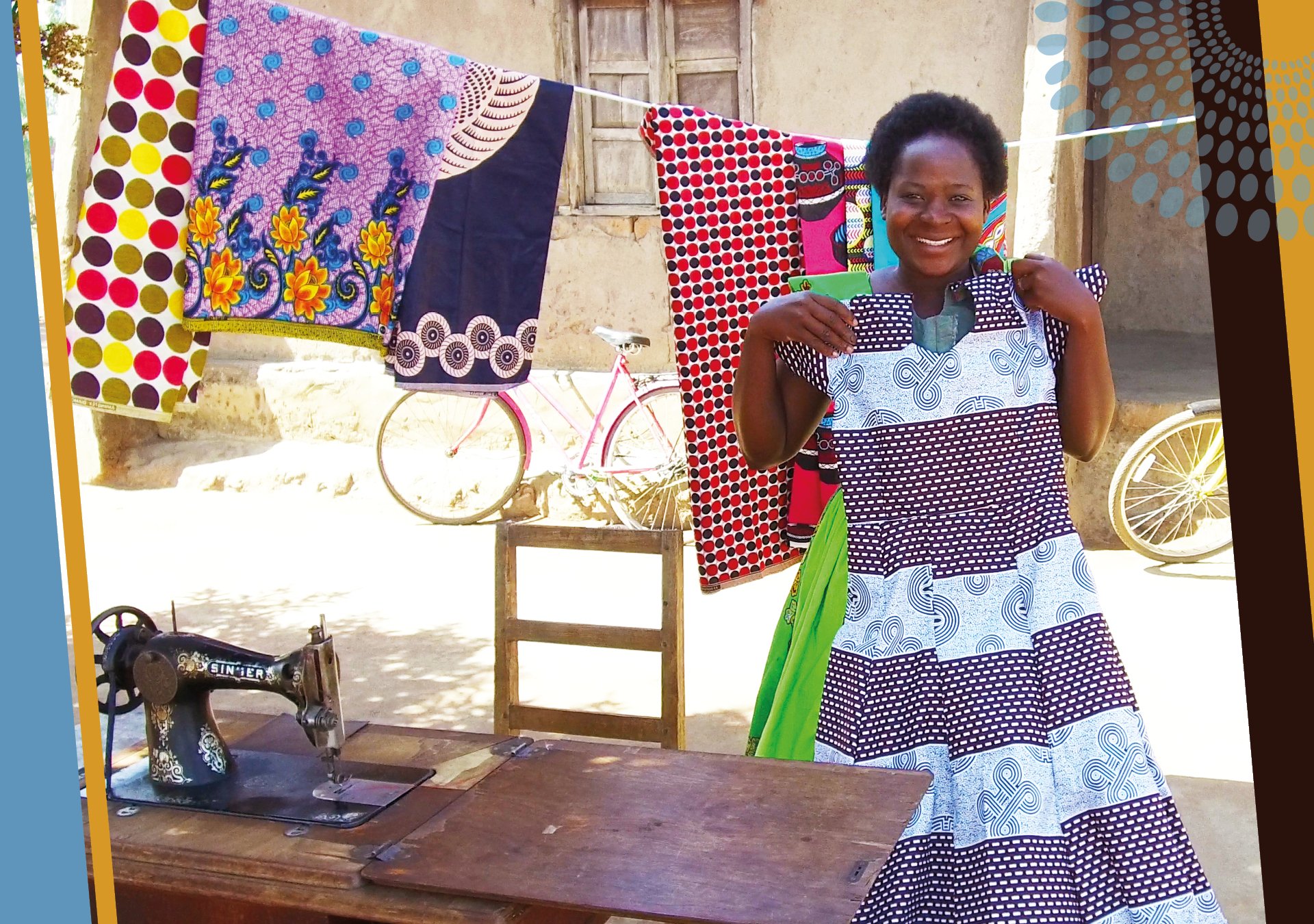Giving women a hand up, not a handout
By Sheryl Martin Hash, Guest Blogger
Pride … dignity … confidence. These are the results when underprivileged women are given the opportunity to provide financially for their families.
Most ultra-poor households in developing countries are headed by women who often live where they suffer discrimination and harsh restrictions. Such limits hinder these mothers from adequately caring for their families. These women are not lazy; they just don’t have the means to earn a good wage.
So, what qualifies them as ultra-poor? Their family lives on less than $2 a day; they are food- and housing-insecure and have few if any assets. These moms lack skills and education, are often isolated and are vulnerable to natural disasters. Ultra-poor women are disconnected from government services and markets (if any exist), and are often in bad health.
But by learning a trade as simple as sewing, these ladies are lifted out of poverty … and the ripple effect begins.
When underprivileged women have a way to earn a decent income, they reinvest in their families and their communities. They are able to send their kids to school; in turn, their children go on to find good jobs and become successful, contributing members of society. Their children’s children will have even more options available as they graduate and go out into the world. Before you know it, the economy in this community has improved and is no longer shackled by the chains of poverty.
And it all started with giving a woman the right tools to support her family.
Take Mekona, for example. She lives in rural Kenya and never had the opportunity to attend school. She was doing her best to provide for her three children but struggled to feed her family. “When I used to beg for credit, no one respected me,” she recalls. But once she was given the chance to learn financial and business skills, Mekona started her own enterprise. “Now,” she says, “I am empowered.”
Generational wealth with a twist
We’ve all heard the old adage, “Give a man a fish and you feed him for a day. Teach a man to fish and you feed him for a lifetime.” Well, that’s the foundational truth behind the Self-Sustainability program at Julie’s Heart Cry. We think the key to impacting poverty is by helping marginalized young women flourish.
Rather than throw money at the problem and hope it goes away, we help these women become self-sufficient – not only will they benefit, but future generations will, too. It’s generational wealth with a twist. These moms may not be passing down stocks, investment funds or cash to their children, but by bettering themselves, they are opening doors to a brighter future for their families.
When Julie met Bonita, a teen mother in the Central African Republic, the 15-year-old was selling produce trying to support her young son, Samuel. She still didn’t make enough money, however, to pay rent in addition to her other expenses. But the Resource Center our ministry helped establish in the village of Bimon offers child-mothers like Bonita the necessary training to start their own businesses or return to school.
We’ve also learned that when women are equipped with the Gospel as well as income-generating skills, they’re less likely to advise their daughters to have abortions. We help these ladies know their worth as we meet their physical needs while also caring for their spiritual needs. We especially focus on saving the lives of the unborn.
In addition to sewing and tailoring classes, our future goal is to provide training programs including soap making, chalk making and baking. We also support Christian schools that empower girls academically and vocationally.
Our Youth at Risk Home furnishes housing where teenagers live, take their meals, attend school and are discipled in God’s Word.
Costly consequences
But what does life look like for families who don’t have these opportunities?
Children who are fortunate enough to attend school are usually expelled for not having the required pen, pencil, notebook and chalk. Their families simply can’t afford these basic supplies.
Children who go to bed hungry night after night begin struggling in school – they are lethargic and have difficulty concentrating. They start to fall behind in their classes and eventually drop out of school.
Girls, especially, who can no longer attend school become prime targets for sexual predators and human traffickers. Many of these young ladies become pregnant; because their culture dictates it, they are disowned and banished from their homes. These vulnerable teenagers often believe abortion is their only choice. They are too poor to care for a child and many are too ashamed to face their parents’ wrath or the societal stigma surrounding premarital sex. The sanctity of life is sacrificed as these girls give in to their fears and their circumstances.
Young men who don’t attend school – or those who have ruptured ties with their family – are often recruited into gangs. Poverty, a lack of family support, a sense of belonging, and feeling loved and accepted make gangs attractive to these teens.
These are just a few of the issues our ministry addresses through our Self-Sustainability program. One of our most valuable assets is partnering with native pastors and Christian schools like Good Samaritan School in Kampala, Uganda. Because they are embedded in their communities, they can identify the areas most in need – which aids our ministry in knowing how best to use our financial gifts.
You can become a part of these women’s stories by praying for them and donating to our Self-Sustainability program. Your gifts not only support facilities and training, but they also help supply equipment such as sewing machines. Visit our website to learn more about our ministries or contribute here.
The reality is, you’re not just meeting needs … you are changing the trajectory of lives for years to come.

